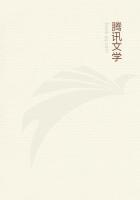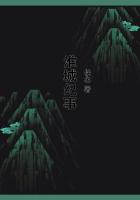The business of these professors should not be, as is commonly practised in other arts, only to read pompous and superficial lectures out of Virgil's Georgics, Pliny, Varro, or Columella, but to instruct their pupils in the whole method and course of this study, which might be run through perhaps with diligence in a year or two; and the continual succession of scholars upon a moderate taxation for their diet, lodging, and learning, would be a sufficient constant revenue for maintenance of the house and the professors, who should be men not chosen for the ostentation of critical literature, but for solid and experimental knowledge of the things they teach such men; so industrious and public spirited as I conceive Mr. Hartlib to be, if the gentleman be yet alive. But it is needless to speak further of my thoughts of this design, unless the present disposition of the age allowed more probability of bringing it into execution. What I have further to say of the country life shall be borrowed from the poets, who were always the most faithful and affectionate friends to it. Poetry was born among the shepherds.
Nescio qua natale solum dulcedine musas Ducit, et immemores non sinit esse sui.
The Muses still love their own native place, 'T has secret charms which nothing can deface.
The truth is, no other place is proper for their work. One might as well undertake to dance in a crowd, as to make good verses in the midst of noise and tumult.
As well might corn as verse in cities grow;
In vain the thankless glebe we plough and sow, Against th' unnatural soil in vain we strive, 'Tis not a ground in which these plants will thrive.
It will bear nothing but the nettles or thorns of satire, which grow most naturally in the worst earth; and therefore almost all poets, except those who were not able to eat bread without the bounty of great men, that is, without what they could get by flattering of them, have not only withdrawn themselves from the vices and vanities of the grand world (pariter vitiisque jocisque altius humanis exeruere caput) into the innocent happiness of a retired life; but have commended and adorned nothing so much by their ever-living poems. Hesiod was the first or second poet in the world that remains yet extant (if Homer, as some think, preceded him, but I rather believe they were contemporaries), and he is the first writer, too, of the art of husbandry. He has contributed, says Columella, not a little to our profession; I suppose he means not a little honour, for the matter of his instructions is not very important. His great antiquity is visible through the gravity and simplicity of his style. The most acute of all his sayings concerns our purpose very much, and is couched in the reverend obscurity of an oracle. [Greek text which cannot be reproduced]. The half is more than the whole. The occasion of the speech is this: his brother Perses had by corrupting some great men ([Greek text which cannot be reproduced], great bribe-eaters he calls them) gotten from him the half of his estate. It is no matter, says he, they have not done me so much prejudice as they imagine.
[Greek text which cannot be reproduced--translation below]
Unhappy they to whom God has not revealed By a strong light which must their sense control, That half a great estate's more than the whole.
Unhappy, from whom still concealed does lie Of roots and herbs the wholesome luxury.















